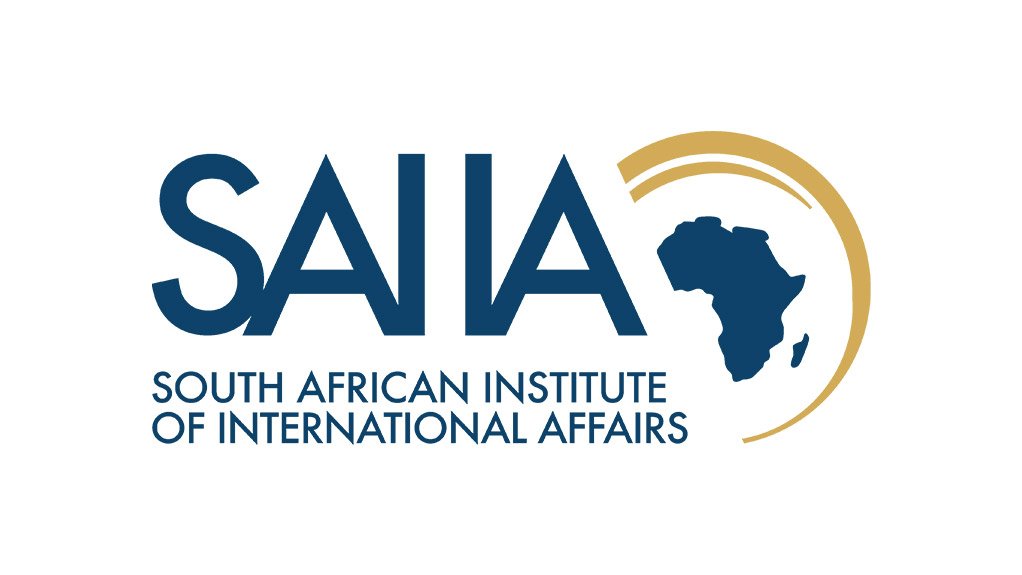The 2016 elections of the Democratic Republic of Congo (DRC) were scheduled for mid-September this year, and then postponed to 27 November. But the country is still nowhere near being ready to conduct a legitimate vote, and tensions there are reaching critical levels. What should South Africa be doing to help?
'Help'. That was the one-word message I received from my contact in the DRC. It was enough to tell me everything I needed to know.
Contacting me less than a week after I had conducted research in the DRC, he wanted to bring my attention to the severity of the situation in the country. Its citizens could no longer hold back their anger at the delay of what should have been the DRC’s third democratic election.
The 2006 and 2011 elections, both saw President Joseph Kabila win. In both cases, South Africa was heavily involved in supporting the electoral processes: printing election ballots, transporting them to remote parts of the country, training police to handle election crowds appropriately, and sending large teams of observers to foster legitimacy. Why? Because South Africa knows it cannot function as an ‘island of prosperity’ in an ocean of instability in its region, as Nelson Mandela aptly put it in 1997. As a result, the country has provided billions of rands in development assistance to the DRC in an effort to propel it towards a state of peace, as a necessary precursor for sustainable development.
The country’s third election was originally scheduled for mid-September this year. Unfortunately, with an out-of-date voter register, a lack of any electoral infrastructure set up, and insufficient government funds to see to this, the country was nowhere near being ready to conduct a legitimate vote. A mere week before this deadline came and passed, accompanied by fellow researchers from the South African Institute of International Affairs (SAIIA), I travelled to one of the nation’s busiest cities, Kinshasa. There, I found the DRC’s leaders (with a few notable exceptions) gathered in a national dialogue, attempting to prevent violence and find some common ground on the way forward for the country. However disagreement regarding whether Kabila should remain in power until elections could take place was derailing the process. We met with key political leaders to ask: what can South Africa do?
The answer, time and time again, was: help us. Bring all the parties to the table, but respect our democracy, and above all respect our sovereignty.
Unfortunately, a few days later, violence exploded nationwide, and the streets of Kinshasa were marred by clashes between citizens and often unidentified security forces. In a public statement South Africa’s President Jacob Zuma asked 'all the parties in the Democratic Republic of Congo to participate in the Inclusive National Dialogue… and to take urgent steps to end the violence'.
Unfortunately he also confirmed the suspicions of many Congolese opposition leaders, who have accused South Africa of selecting a pro-Kabila mediator, Edem Kodjo, for the national dialogue, when he asked all parties to return to the process.
And so, with an inbox full of pictures of the victims of Kinshasa’s unrest, and a head full of statistics of financial flows between two countries, I waited to see what South Africa, long praised for putting its money where its mouth is, would do. How would we continue to help the DRC?
I am still waiting. And while the attention of the whole world turned to the election that took place in America, we forgot to ask about the election that never happened in the DRC. More than twenty years after first engaging in a co-operative developmental relationship with our giant regional neighbour, we seem to have adopted an incredibly narrow understanding of how countries help each other. We respect national policies when we’re operating overseas, but compromise on our own policies for transparency and accountability whenever accused of imposing on other countries; we spend billions helping a country grow from childhood to adolescence, and yet we neglect to teach it to stand alone. We value VIP-level friendships between presidents over grassroots level battles to develop communities. We share troops and military resources in planning for peace, yet we forget the stories of our own civil society and are surprised when a tense ‘stability’ starts to look a lot more like war.
The election that never happened is important because it poses a challenge to South Africa as a nation. The severity of the situation in the DRC is undeniable, and as we draw closer to what is supposed to be Kabila’s last day in office, on 19 December, the possibility of a rise in the scale and scope of violence becomes more and more realistic.
But the pressure is good. It dares us to break the one-size-fits-all approach we have often been accused of applying across the continent, and reimagine what it means for countries in the Global South to co-operate with each other as they develop. It dares us to play the role of ‘big brother’ not only when we seek to control but also when we seek to protect.
Most importantly, it dares us to really and truly help.
Written by Carmel Rawhani, project officer at the South African Institute of International Affairs. She is focusing on South-South Co-operation, post-conflict reconstruction and development, and the Sustainable Development Goals. This article was first published in the Mail and Guardian.
EMAIL THIS ARTICLE SAVE THIS ARTICLE
To subscribe email subscriptions@creamermedia.co.za or click here
To advertise email advertising@creamermedia.co.za or click here











